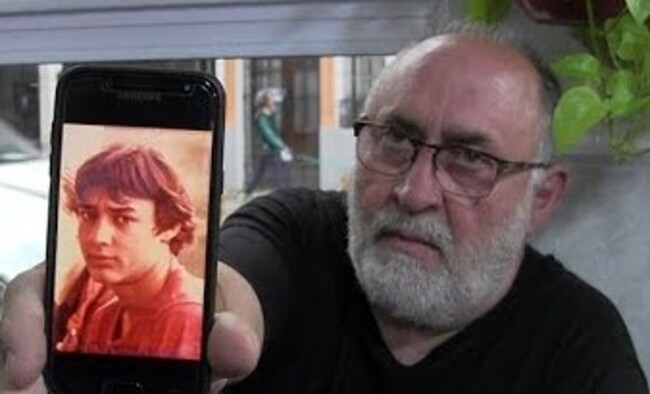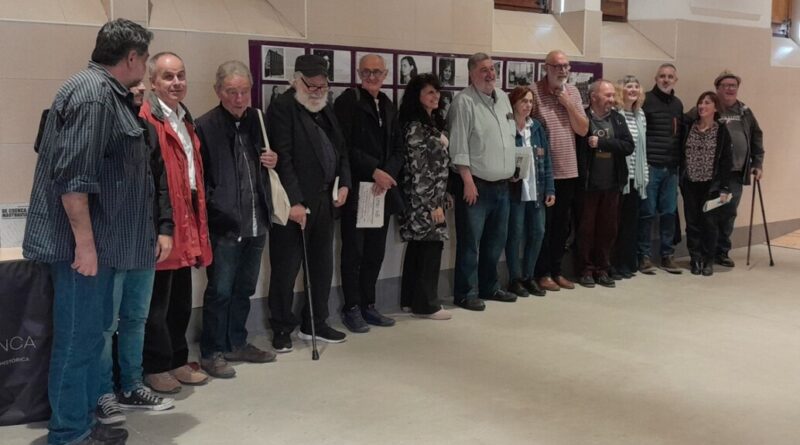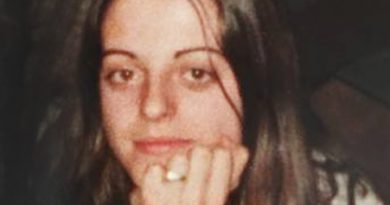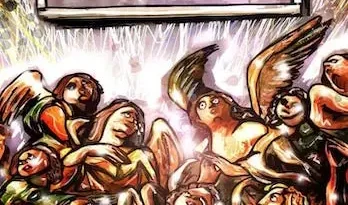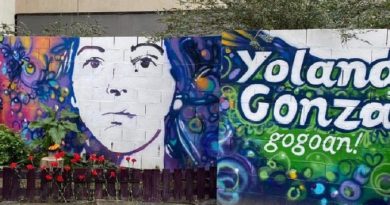Words from some protagonists of the Day “The Crimes of the Spanish State during the Transition”
After the event that we reported on in another use, We spoke briefly with: Matthias Viotti (COT and ARMH-Cuenca),Pablo Mayoral (COT-Madrid), Maximo Molina (ARMH)-Cuenca) and Marc Muñoz (Marc Muñoz (COT-Barcelona) and plaintiff in Argentina.
Rubén Tzanoff interviewed (RT):
RT: What motivated you to carry out this Conference??
Matthias Viotti:"Well then, Today it is more important than ever precisely to question the official story of the Transition, which is like a theory of “the two demons” trying to justify that what was the coup d'état of Francoism was a conflict between “two sides” distributing the same responsibilities. When in reality we would have to talk about a coup d'état and a dictatorship of almost 40 years and a false transition based on imperialism to consolidate the Franco project. Then today, more than ever, from the Collective of Forgotten by the Transition, we intend to question the official story, the dominant discourse assumed in Spanish “common sense”. End of the day with the COT, We will continue from the ARMH Cuenca presenting the fanzines and the book in Sabadell, They are publications that aim to review official accounts, not only of the transition but also of the Catholic Church, for example, in reference to “The Red Woman” and other issues that happened during the dictatorship of which the truth is not told but rather versions based on their own interests.”.
RT: It has been a very good day, Can you tell us about COT and its upcoming activities??
Pablo Mayoral: “Right now with the COT-Madrid we are above all with the dissemination of the film “Weapons will not erase your smile” which deals with the murders during the Transition when a fascist supported by the police killed Arturo Ruiz García during a demonstration for the amnesty. In the protest demonstration, the police killed María Luz Nájera Julián and, that same night, The extreme right murdered labor lawyers in what was known as the Atocha Massacre. The documentary also recounts a good part of the murders of the Transition. further, We are trying to get the Argentine justice system to process and extradite Fernández Guaza, one of Arturo's murderers who recently was located in Buenos Aires, We have already sent all the information to Judge Servini. With another ongoing process we are demanding that the Constitutional Court prosecute all the criminals of the dictatorship who have not received punishment..
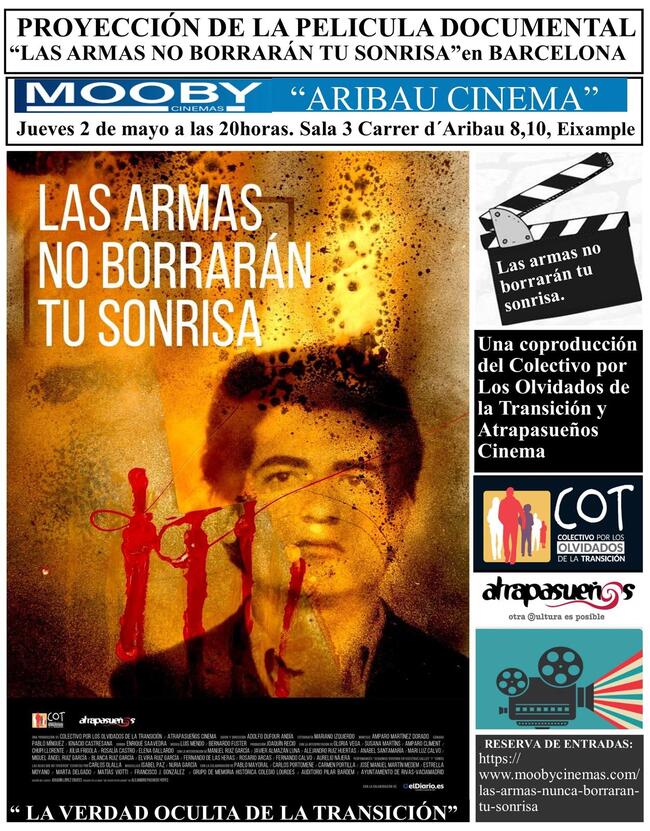
RT: How did you decide to use fanzines as a dissemination tool for the struggle??
Maximo Molina: "Well, the truth that arose by chance, as has happened on several occasions. Our youngest companion is an amateur boxer, At that time I was doing research to prepare material about boxers in Nazi concentration camps.. The truth is that at the beginning, I didn't have much confidence in the subject but in the end, We are a base association and then “you want to do it, do it” and it worked very well and we decided to continue, get one per quarter and so we continue. In the end it is very useful for us because it is a very practical tool., very comfortable that allows us to put the “official memory” in a bind, that people are not aware that it is an “official memory”, An older person in the town told me, “It's just that we have learned to obey.” They take it as natural., but it is totally soaked by what is the propaganda of the dictatorship, assuming a series of myths that are ahistorical and a series of correlations that are imprecise. It allows us to do that at the local level, which is super important… we do it at the village level., province and we take it to different places in our region in Cuenca and other, as we do today in Barcelona and Sabadell, Valladolid, Madrid and Toledo. The idea is to question, question the story because there is a continuum, There is no difference between the deaths of 1944, ‘54, ‘64, '74 and '84...we can make universal things from those that are local and also vice versa. In fact, it is one of the most interesting political lines of the Association...the message has to be opened, it has to come, That's why here we are in Barcelona and wherever we have to go we go.".
RT: In what instance is the “Argentine Complaint” found??
Marc Muñoz (Marc Muñoz: Regrettably, The complaint cannot advance because there is no collaboration from the Spanish State. Judge Servini's attempts, of the lawyers and of all the parties that are part of the complaint, providing documentation, They cannot advance in the instruction process due to the ineffectiveness and constant obstruction of the Spanish government. The important thing about the complaint is that it remains alive, Therefore it is important to make politics, publicity and popular mobilizations, both here and in Argentina, to keep the claim valid.
